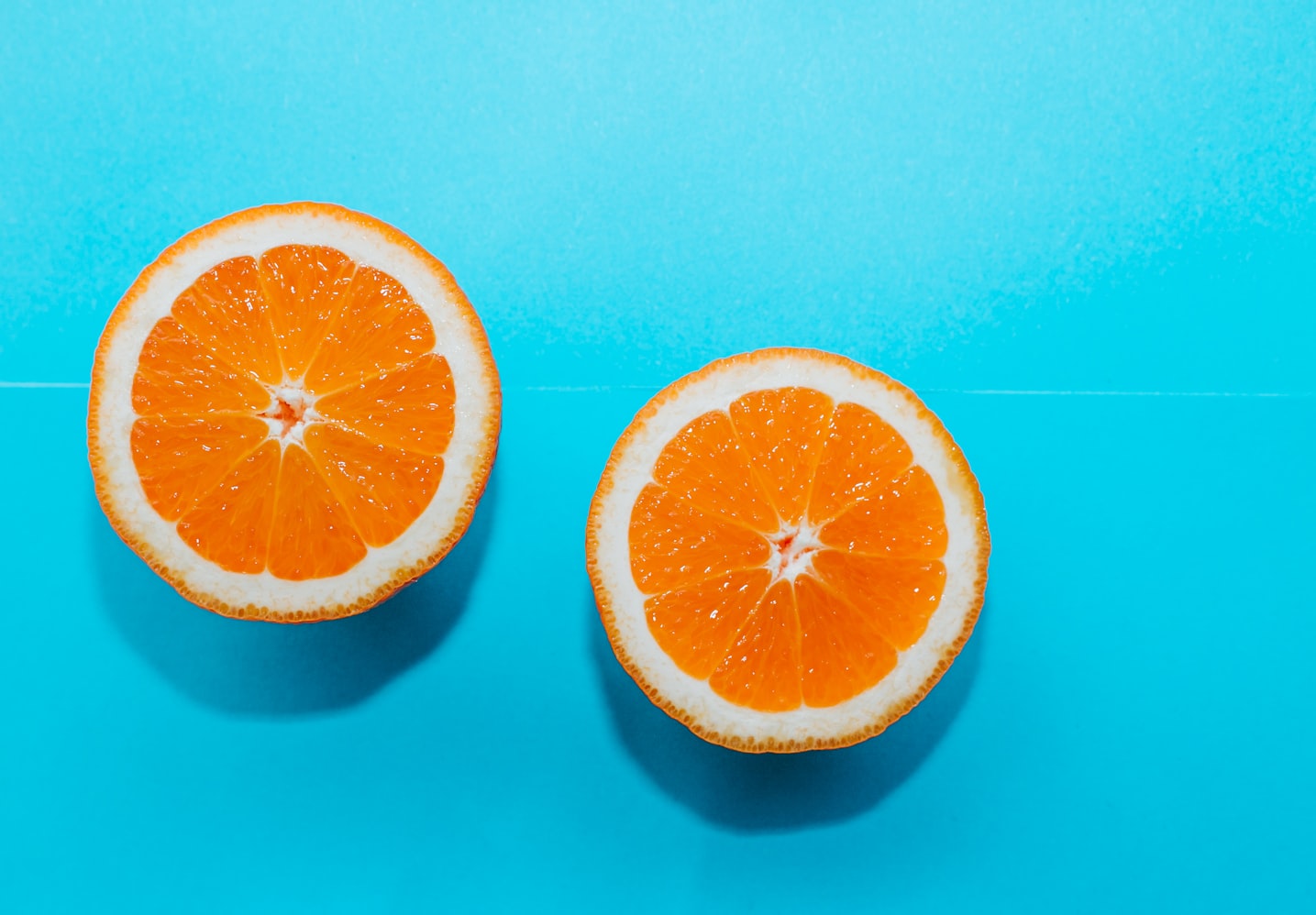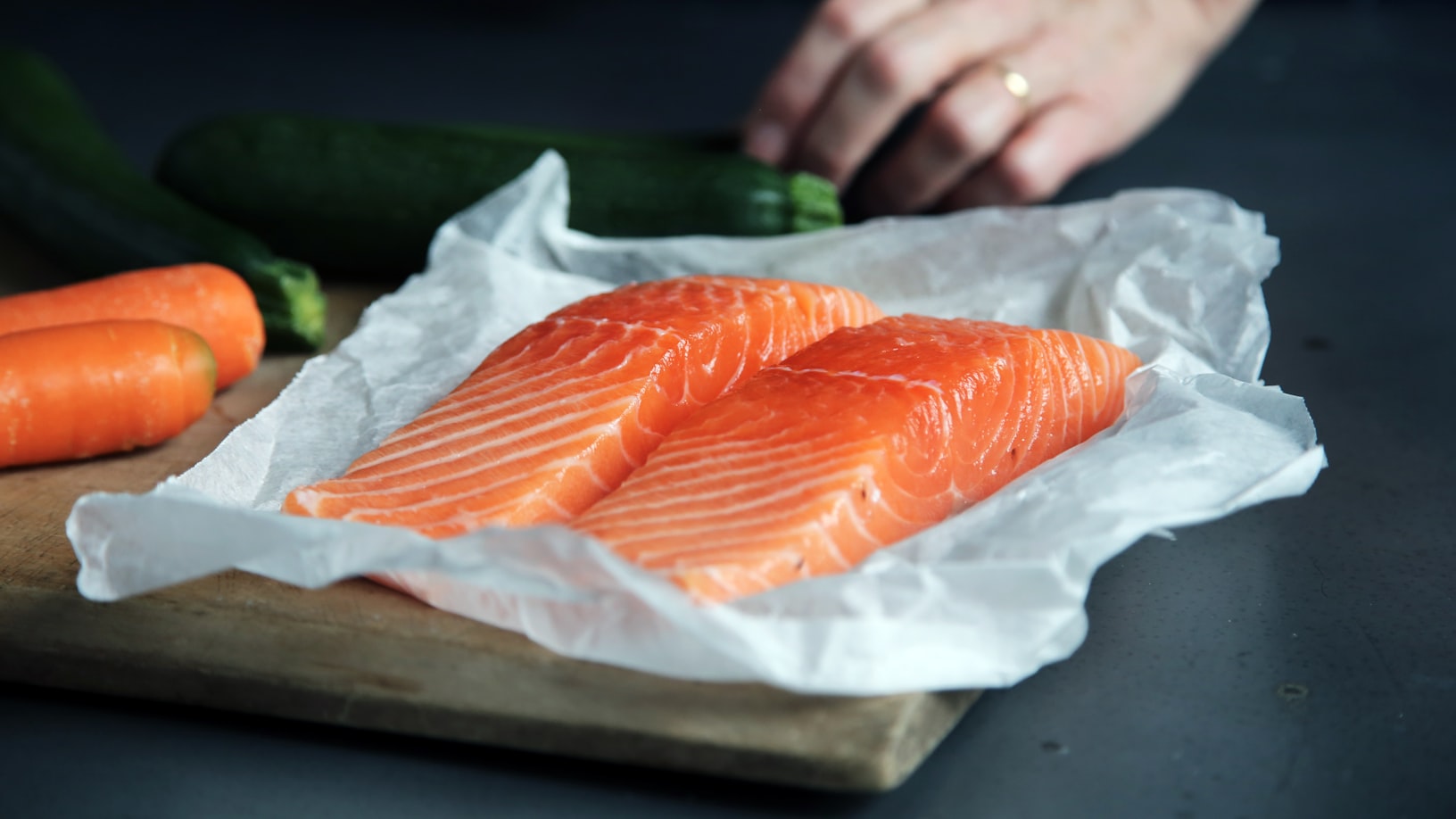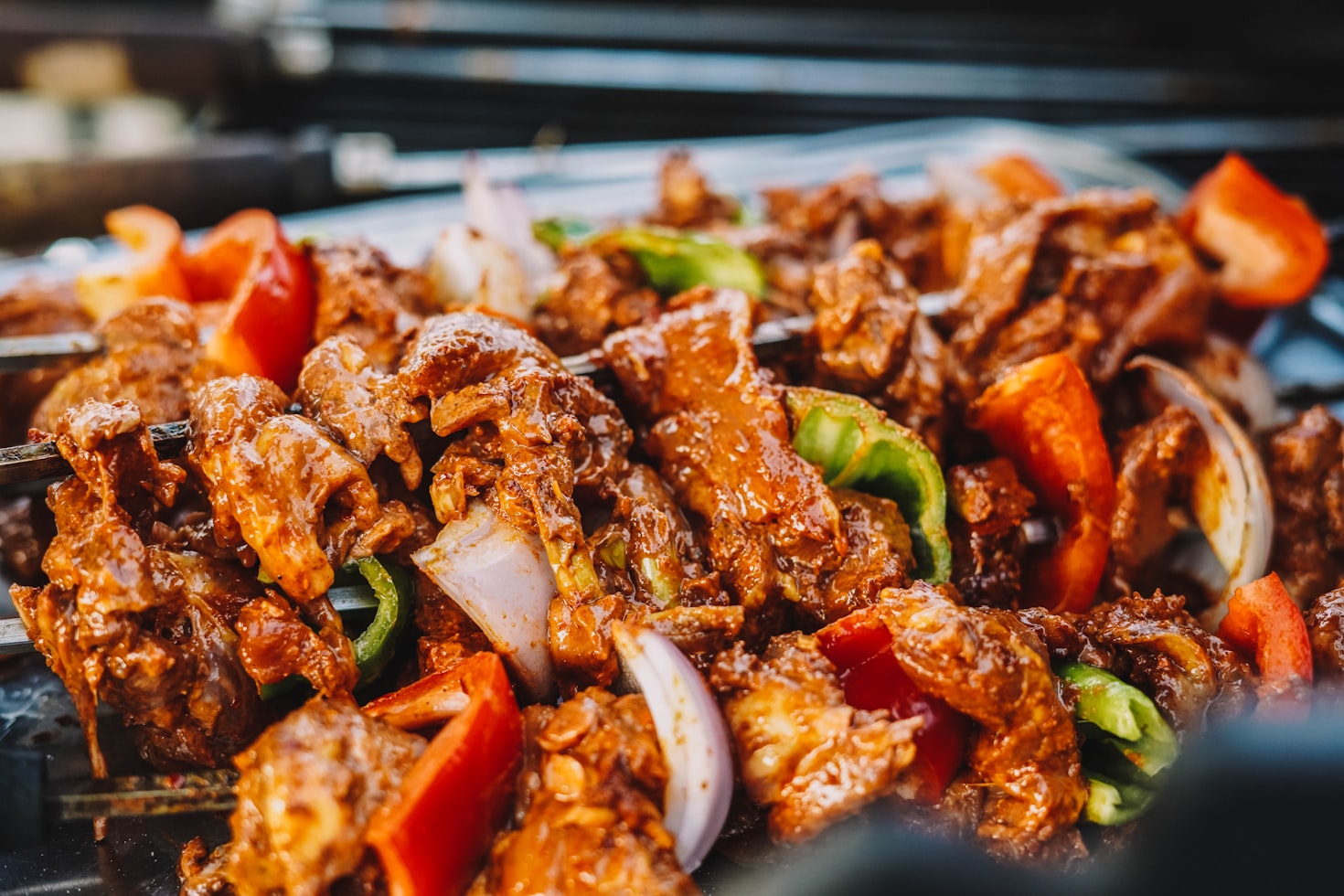Best Keto Sweetener For Coffee
When following a ketogenic diet, finding the right sweetener for your coffee can be a challenge. Traditional sweeteners like sugar and honey are high in carbohydrates, which can disrupt ketosis. However, there are several keto-friendly sweeteners available that can satisfy your sweet tooth without derailing your diet. In this article, we will explore the best keto sweeteners for coffee, their benefits, and how to use them effectively.
1. Stevia
Stevia is a natural sweetener derived from the leaves of the Stevia rebaudiana plant. It is a popular choice among those following a keto diet due to its zero-calorie and zero-carbohydrate content. Stevia is also known for its intense sweetness, so a little goes a long way. It is available in both liquid and powdered forms, making it easy to incorporate into your coffee.
One study published in the journal Appetite found that stevia can help reduce blood sugar levels and insulin resistance, making it an excellent choice for individuals with diabetes or those looking to manage their blood sugar levels while on a keto diet.
2. Monk Fruit Extract
Monk fruit extract, also known as Luo Han Guo, is another popular keto sweetener. It is derived from the monk fruit, a small green melon-like fruit native to Southeast Asia. Monk fruit extract is 150-200 times sweeter than sugar but contains zero calories and carbohydrates.
Research published in the Journal of Agricultural and Food Chemistry suggests that monk fruit extract may have antioxidant properties and could potentially help reduce inflammation in the body. Additionally, monk fruit extract does not raise blood sugar levels, making it a suitable sweetener for individuals following a ketogenic diet.
3. Erythritol
Erythritol is a sugar alcohol that occurs naturally in some fruits and fermented foods. It has a sweet taste similar to sugar but contains only 0.24 calories per gram and has a minimal impact on blood sugar levels. Erythritol is well-tolerated by most people and does not cause digestive issues like other sugar alcohols.
A study published in the European Journal of Clinical Nutrition found that erythritol does not affect blood glucose or insulin levels, making it a suitable sweetener for individuals with diabetes or those following a ketogenic diet.
4. Allulose
Allulose is a rare sugar that occurs naturally in small quantities in certain fruits like figs and raisins. It has a similar taste and texture to sugar but contains only 0.2 calories per gram and has a minimal impact on blood sugar levels. Allulose is also well-tolerated and does not cause digestive issues like other sugar alcohols.
A study published in the Journal of Food Science found that allulose can help reduce postprandial blood glucose levels and insulin resistance, making it a suitable sweetener for individuals with diabetes or those following a ketogenic diet.
5. Xylitol
Xylitol is a sugar alcohol that occurs naturally in some fruits and vegetables. It has a similar sweetness to sugar but contains about 2.4 calories per gram. Xylitol has a minimal impact on blood sugar levels and is considered safe for individuals with diabetes.
Research published in the Journal of Dental Research suggests that xylitol may help prevent tooth decay and reduce the risk of dental cavities. However, it is important to note that xylitol can cause digestive issues, such as bloating and diarrhea, in some individuals when consumed in large quantities.
6. Inulin
Inulin is a type of soluble fiber that is naturally found in many plants. It has a mildly sweet taste and can be used as a keto-friendly sweetener for coffee. Inulin is not metabolized by the body and does not raise blood sugar levels.
Research published in the journal Nutrients suggests that inulin can help improve gut health by promoting the growth of beneficial bacteria in the gut. It may also help regulate blood sugar levels and improve insulin sensitivity.
Frequently Asked Questions (FAQ)
1. Can I use regular sugar in my coffee while on a keto diet?
No, regular sugar is high in carbohydrates and can disrupt ketosis. It is best to avoid regular sugar and opt for keto-friendly sweeteners instead.
2. How much sweetener should I use in my coffee?
The amount of sweetener you use in your coffee depends on your personal preference. Start with a small amount and adjust according to taste.
3. Are there any side effects of using keto sweeteners?
While keto sweeteners are generally safe for consumption, some individuals may experience digestive issues like bloating or diarrhea when consuming certain sugar alcohols in large quantities. It is best to start with small amounts and see how your body reacts.
4. Can keto sweeteners raise blood sugar levels?
Keto sweeteners like stevia, monk fruit extract, erythritol, and allulose do not raise blood sugar levels and are suitable for individuals with diabetes or those following a ketogenic diet.
5. Can I use keto sweeteners in baking?
Yes, many keto sweeteners can be used in baking as a substitute for sugar. However, it is important to note that the texture and taste of the final product may differ slightly.
6. Are there any health benefits of using keto sweeteners?
Keto sweeteners like monk fruit extract and inulin may have additional health benefits, such as antioxidant properties and improved gut health. However, more research is needed to fully understand their potential benefits.
Summary
Choosing the right sweetener for your coffee while following a ketogenic diet is essential to maintain ketosis and satisfy your sweet cravings. Stevia, monk fruit extract, erythritol, allulose, xylitol, and inulin are all excellent keto-friendly sweeteners that can be used in coffee. They provide sweetness without the added carbohydrates and calories found in traditional sweeteners. Experiment with different sweeteners to find the one that suits your taste preferences and enjoy your keto-friendly coffee guilt-free!





